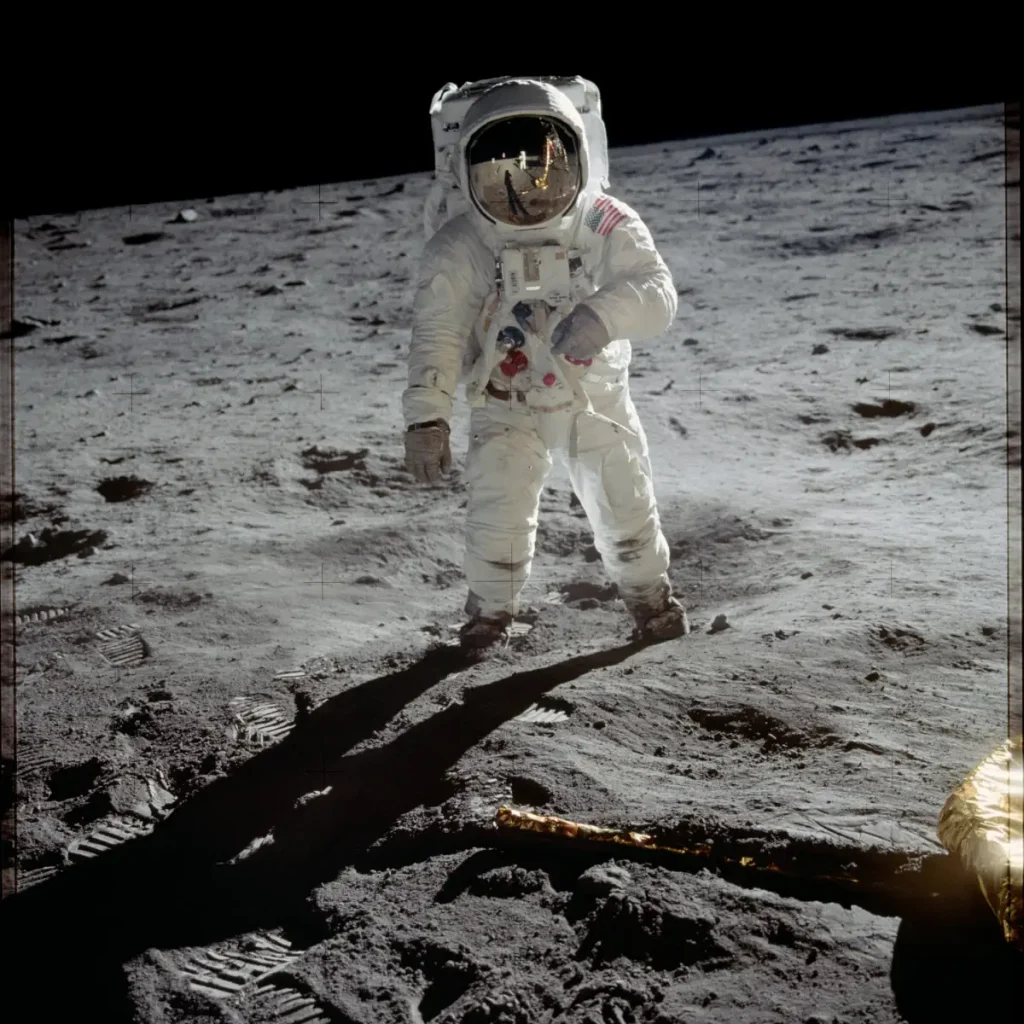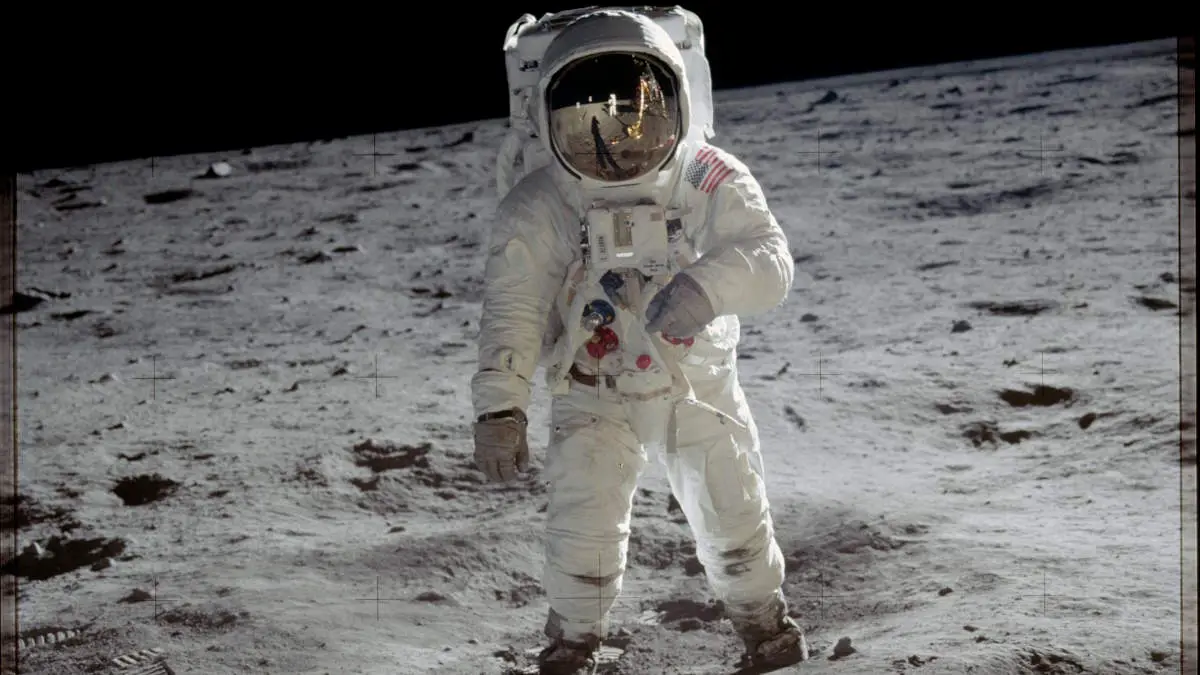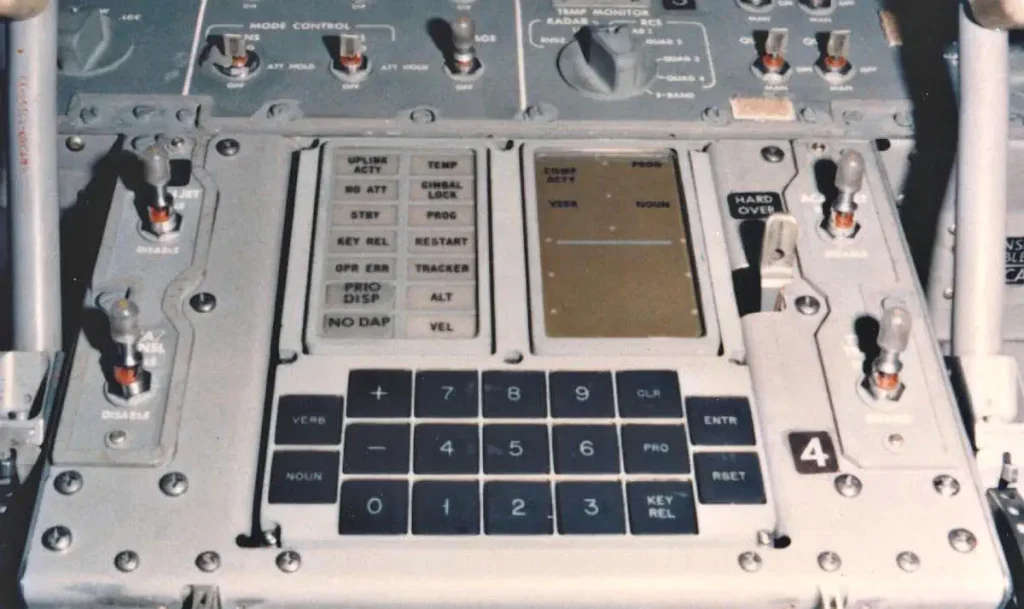The human narrative is punctuated by milestones – the moments in time that significantly alter the course of history. The 20th century, in particular, was a period of unprecedented innovation and groundbreaking discoveries. This era birthed remarkable accomplishments like the structure of DNA, the mass production of penicillin, the inception of the computer, and the creation of the microchip. These achievements have undeniably transformed civilization as we know it, and it might be tempting to rank them among the top events of the last century. However, when projecting into the distant future, one event may shine brighter than the others: the first moon landing by Apollo 11.
Consider this: In half a millennium, if humanity still thrives, most of our history will have blurred into a distant, almost invisible past. Events we currently hold as seminal, like Pearl Harbor, will seem as remote as the War of the Roses. What will likely stand the test of time, what our descendants might still look back on in awe, is the moment when our species first left the confines of our home planet and stepped onto an extraterrestrial surface. This triumph marks a pivotal point in human history, signifying the dawn of space exploration.
The Apollo 11 Mission: A Pioneering Leap in the 20th Century
The Apollo 11 mission, launched on July 16, 1969, and landed on the Moon four days later, represents a watershed moment for humanity. It encapsulates the bold spirit of exploration, the insatiable human curiosity, and the collective capability of humankind to overcome seemingly insurmountable challenges. More than just a televised spectacle, it was an assertion of our potential as a species, an event that changed our understanding of what is feasible.

The event reverberated throughout the world, transcending the political and geographical boundaries that often confine our collective accomplishments. It was not just an American achievement; it was a human one. The now-iconic words of astronaut Neil Armstrong, “That’s one small step for man, one giant leap for mankind,” captured the global significance of the event. It demonstrated that we, as a species, could strive for the seemingly impossible and succeed.
Moreover, the Apollo 11 mission spurred technological advancements that continue to impact our lives today. It catalyzed the development of integrated circuits, fueling the digital revolution. Its requirement for real-time computing revolutionized our interaction with technology. These achievements have laid the groundwork for today’s increasingly digital world.
How Apollo 11 Transformed the Course of Human History
Looking forward, the moon landing marks the beginning of a new era in human history – an era of space exploration. With plans for crewed missions to Mars and the search for extraterrestrial life gaining momentum, the importance of this first step into the cosmos cannot be understated. It symbolizes the launch of our journey as a spacefaring species.
In considering the moon landing’s significance, we must remember that it represents more than just the technological and scientific achievements of the time. It carries an enduring message of hope, ambition, and the limitless potential of the human spirit. It stands as a beacon, illuminating the path of progress, and reminding us of what we can achieve when we dare to dream beyond the confines of our earthly existence.
As we peer into the future, it’s clear that the Apollo 11 moon landing’s influence will continue to echo through the centuries. Despite the incredible strides made in various fields in the 20th century, this momentous event stands alone in its potential to define our past, present, and future. When history books are written 500 years from now, they might say, “The 20th century was when humanity took its first steps into the vast cosmic ocean, forever altering their perspective of their place in the universe.”
The Apollo 11 mission, the first successful crewed moon landing, serves as a testament to human ingenuity and a symbol of our aspirations. It not only marks our first steps into the cosmos but also signifies the potential for our journey toward the stars. This, more than anything, maybe why Apollo 11 could well be remembered as the most significant event of the 20th century.
Sources
- Apollo 11 on Wikipedia
- Apollo 11 Mission Overview on the NASA website
- Space Shuttle Endeavour’s Touchdown Meets Columbia’s Salute [An amazing photo from the past] - February 29, 2024
- Moon Landings: All-Time List [1966-2024] - February 23, 2024
- From Orbit to Ordinary: 10 Earthly Applications of Space Technology - January 23, 2024

